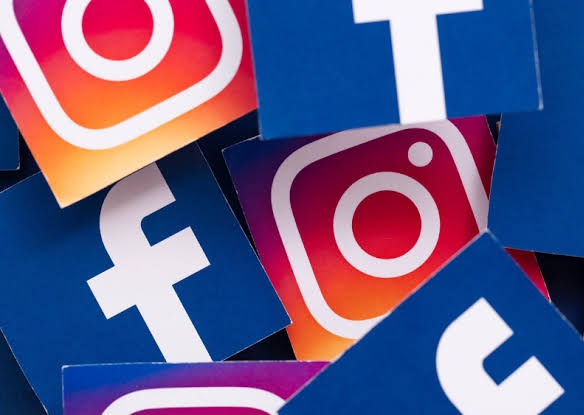Meta, the parent company of Facebook and Instagram, has threatened to restrict access to the two social platforms in Nigeria following fines by local regulatory authorities.
Last year, three regulatory bodies in Nigeria fined the US-based social media firm over $290 million for breaching various laws and regulations.
Meta’s recent effort to contest the rulings in an Abuja High Court was unsuccessful. The court has mandated that the company settle the fines by the end of June.
While Meta also owns WhatsApp, the company did not include the messaging platform in its planned shutdown.
Facebook remains Nigeria’s leading social media platform, and millions of people use it nationwide for everyday communication and news sharing. It is also an essential resource for numerous small online enterprises in Nigeria.
In July of the previous year, the Federal Competition and Consumer Protection Commission (FCCPC) imposed a $220 million fine on Meta for purported anti-competitive behaviours, while the country’s advertising regulatory body, the Advertising Regulatory Council of Nigeria (ARCON), fined the US company $37.5 million for unauthorised advertising activities. Additionally, the Nigerian Data Protection Commission (NDPC) claimed that Meta violated data privacy laws and issued a fine of $32.8 million.
The CEO of FCCPC, Adamu Abdullahi, said that investigations conducted alongside the data commission from May 2021 to December 2023 uncovered “invasive practices against data subjects/consumers in Nigeria.” However, he did not specify what the practices entailed.
In its court documentation, Meta stated that its “primary concern” was with the data commission, which it accused of “misinterpreting” data privacy regulations.
The commission specifically requested that Meta obtain prior consent before transferring any personal data outside of Nigeria, a requirement Meta described as “unrealistic.”
Meta was also instructed to offer a link to educational videos regarding data privacy risks. This content would be developed with government-approved educational institutions and non-profit organisations.
The NDPC insisted that the videos should emphasise the risks of “manipulative and unfair data processing,” which could potentially expose Nigerian users to health and financial dangers.





